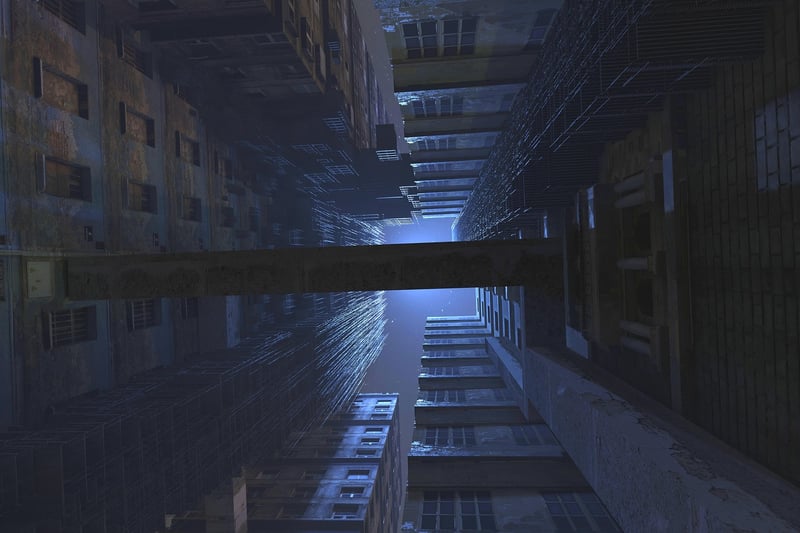Future Dystopian World
Exploring Various Eras and a Future Dystopian World
A Glimpse into the Past
Traveling through time allows us to witness the grandeur of different historical eras. From the majestic pyramids of ancient Egypt to the opulent courts of the European Renaissance, each period offers a unique tapestry of culture, art, and innovation.
Ancient Egypt
Step back in time to the land of pharaohs and pyramids. Explore the wonders of the Great Sphinx, Karnak Temple, and the Valley of the Kings. Witness the intricate hieroglyphics that adorn the walls of ancient tombs, telling stories of a civilization that thrived along the Nile River.

The European Renaissance
Enter the world of Leonardo da Vinci, Michelangelo, and Shakespeare. Marvel at the beauty of the Sistine Chapel, the intricate designs of Renaissance architecture, and the timeless plays that continue to captivate audiences centuries later. The Renaissance was a time of rebirth, creativity, and intellectual pursuits.

Into the Future: A Dystopian World
Fast forward to a future where society has crumbled, and humanity faces a bleak existence. Dystopian worlds in literature and film offer a chilling glimpse into what could happen if technology, politics, or environmental disasters spiral out of control.
Dystopian Literature
Authors like George Orwell, Aldous Huxley, and Margaret Atwood have crafted dystopian worlds that serve as cautionary tales. Dive into the pages of "1984," "Brave New World," or "The Handmaid's Tale" to explore societies plagued by surveillance, oppression, and the loss of individual freedoms.

Dystopian Films
From "Blade Runner" to "The Hunger Games," dystopian films transport viewers to dark, oppressive futures where survival is a daily struggle. These movies challenge us to reflect on our current world and the choices we make that could shape the future.

Whether exploring the riches of the past or contemplating the dangers of a dystopian future, each era offers valuable insights into the human experience. Let us learn from history and fiction alike as we navigate the complexities of time and imagination.
